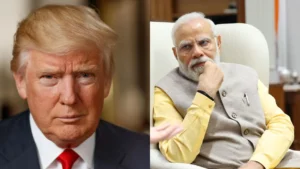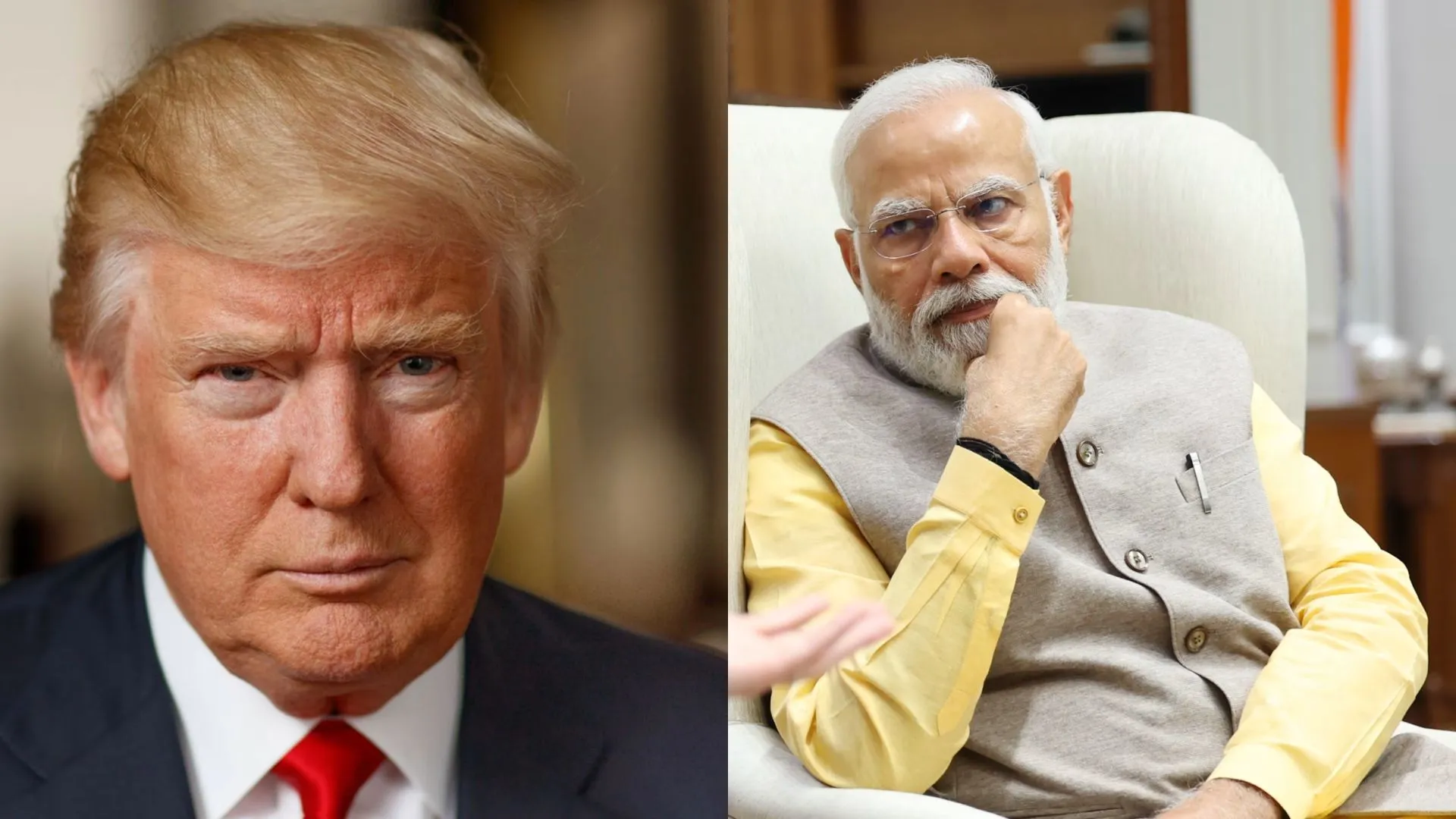In a stark warning delivered at the United Nations General Assembly on Saturday, Russian Foreign Minister Sergei Lavrov cautioned against the dangers of attempting to “fight to victory with a nuclear power.” His remarks came amidst a speech heavily laden with accusations directed at Western nations, whom he claimed are manipulating the situation in Ukraine and undermining the principles of the United Nations itself.
Lavrov’s address occurred shortly after President Vladimir Putin announced a shift in Russia’s nuclear doctrine, raising alarms about the implications of nuclear threats in the ongoing conflict. “I’m not going to talk here about the senselessness and the danger of the very idea of trying to fight to victory with a nuclear power, which is what Russia is,” Lavrov stated, emphasizing the grave risks associated with nuclear confrontation.
Ukraine: A Pawn in Western Strategies
The backdrop to Lavrov’s speech is Russia’s ongoing military operations in Ukraine, which began with the invasion in February 2022. Lavrov accused the West of using Ukraine as a strategic tool to undermine Russia, stating, “preparing Europe for it to also throw itself into this suicidal escapade.” He portrayed the conflict as part of a larger Western agenda to destabilize Moscow and its interests.
MUST READ: Saudi Arabia Announces Alliance To Advocate For Two-State Solution To Israeli-Palestinian Conflict
The specter of nuclear threats has loomed large since the inception of the war, with Putin reminding the world of Russia’s nuclear capabilities shortly before the invasion. In a recent escalation of nuclear rhetoric, Putin warned that if Russia were attacked by a country backed by a nuclear-armed nation, it would view that as a joint assault, leaving the door open for potential nuclear retaliation.
International Response to Nuclear Rhetoric
Lavrov’s comments came in the wake of strong criticism from the United States and the European Union, who labeled Putin’s nuclear threats as “irresponsible.” The situation has escalated as Ukraine seeks approval from Western allies to use long-range weapons against Russian targets. Although the Biden administration recently announced an additional $2.7 billion in military aid for Ukraine, it did not include the longer-range arms that President Volodymyr Zelenskyy is pursuing.
Ukraine’s Ongoing Military Strategies
Over two and a half years into the conflict, Russia continues to make slow progress in eastern Ukraine. Despite this, Ukraine has demonstrated its military capabilities by striking deep into Russian territory and executing an audacious border incursion last month. President Zelenskyy has been actively promoting a peace plan that includes expelling Russian forces, ensuring accountability for war crimes, and addressing the plight of prisoners of war.
Lavrov, however, dismissed Zelenskyy’s peace proposals as a “doomed ultimatum,” indicating a lack of willingness from the Russian side to entertain terms that do not align with their own strategic interests.
A Global Search for Peace
Amidst this turmoil, Brazil and China have proposed a peace initiative that advocates for a conference involving both Ukraine and Russia, aiming to de-escalate tensions and prevent further escalation of hostilities. Diplomats from these nations have rallied support during the General Assembly, creating a coalition of “friends for peace” composed of various countries, primarily from Africa and Latin America.
Lavrov, addressing the media, expressed Russia’s readiness to contribute to this group’s efforts, stressing the need for proposals grounded in reality rather than abstract discussions. He reiterated that addressing the conflict’s root causes is crucial for a lasting resolution, which Russia identifies as the alleged repression of Russian speakers in eastern Ukraine and NATO’s historical expansion in Eastern Europe, perceived as a direct threat to Russian security.























